A Commentary on Isaiah, Part 20: The Valley of Vision
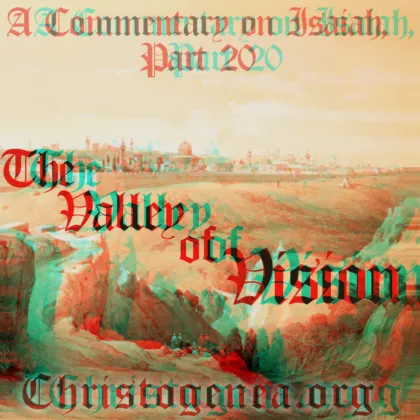
A Commentary on Isaiah, Part 20: The Valley of Vision
Having left off in our last presentation with the burden of The Desert of the Sea in the middle of Isaiah chapter 21, we are coming to the end of a series of prophecies which had begun in Isaiah chapter 13 with the burden of Babylon, and, on the surface, the burdens seem to have been against all of the nations or places surrounding ancient Judah. Yet in the course of our discussion we hope to have demonstrated that even though they seem to be quite enigmatic, many of them are actually relevant to the children of Israel, and many of them are even more relevant to the far vision of the future of Israel, from Isaiah’s time, rather than to the immediate circumstances and events which had befallen them in ancient times.
So for reasons which we have already explained, the burden of Babylon is apparently more relevant to the future world empires and the entity known as Mystery Babylon in the Revelation, than it was to the short-lived empire of Nebuchadnezzar, and the burden against the king of Babylon is relevant to all of the rulers of that same long line of empires which had been in Isaiah’s future. The burden of Moab was actually directed towards the Israelites who had dwelt east of the River Jordan, the burden of Damascus towards the Israelites who dwelt in Syria, and the oracle for “the land shadowing with wings” was meant for Israelites of the Assyrian captivity, while the burden of Egypt served as a warning to the remaining people of Judah, not to flee to Egypt for refuge from the coming Assyrians. The last of these burdens that we have already discussed is the “burden of the desert of the sea”, which we had described as having represented the general mass of the world’s peoples who, in the near vision, would face the coming rise of the empire of the Persians and the Medes. So in that sense, it was another prophecy against Babylon, and therefore the declaration that Babylon is fallen was made near its end.

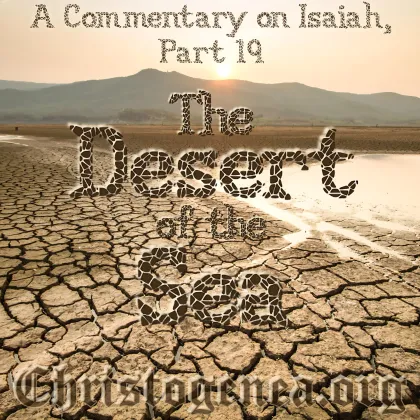
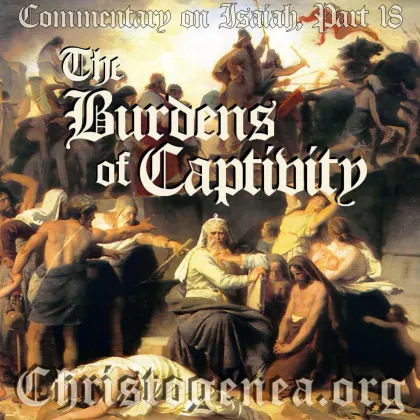


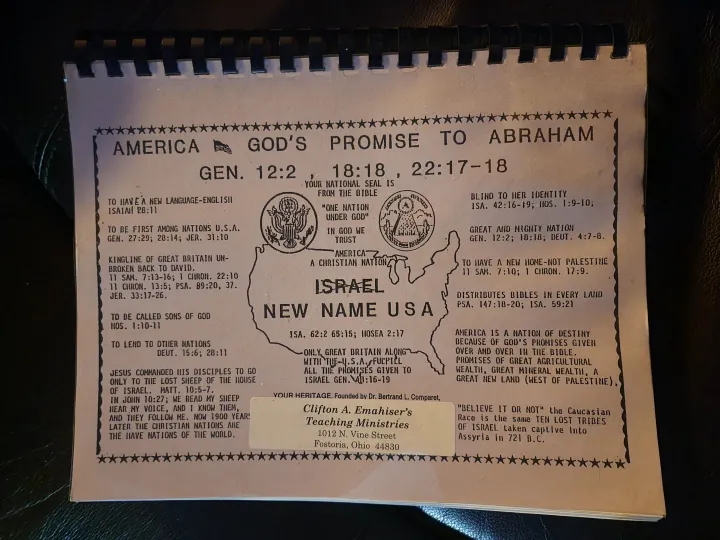
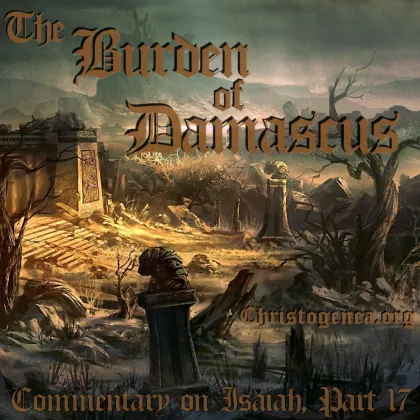




 Please click here for our mailing list sign-up page.
Please click here for our mailing list sign-up page.








Recent comments